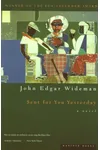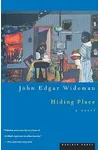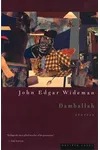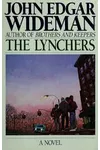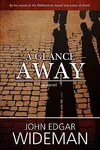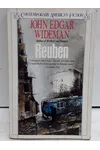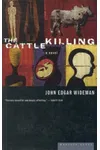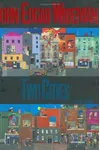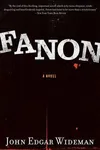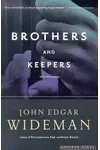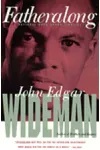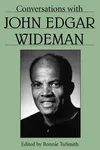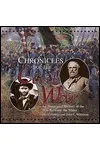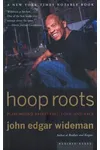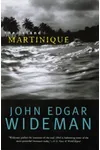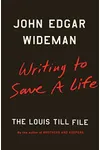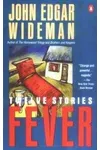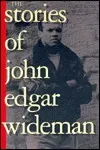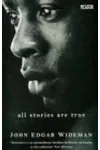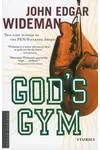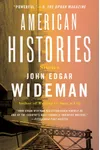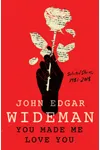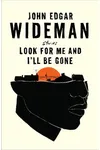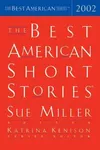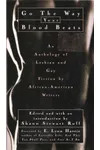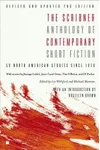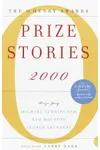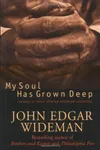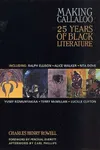Picture a storyteller who spun the raw, vibrant pulse of African American life into literary gold—meet John Edgar Wideman! Born in 1941, this Pittsburgh native transformed his experiences into novels, memoirs, and stories that sing with lyrical grit and unflinching truth. A two-time PEN/Faulkner Award winner, Wideman’s work captures the complexities of race, family, and identity with a style that’s both cerebral and soulful.
From the streets of Homewood to the hallowed halls of Oxford, Wideman’s journey is as dynamic as his prose. His ability to blend high literary craft with the rhythms of African American vernacular has made him a towering figure in contemporary American literature. Ready to dive into his world?
The Making of John Edgar Wideman
Born in Washington, D.C., on June 14, 1941, John Edgar Wideman grew up in Pittsburgh’s Homewood neighborhood, a vibrant Black community that would later inspire his most celebrated works. A star athlete and scholar, he excelled at the University of Pennsylvania, earning a basketball scholarship and graduating Phi Beta Kappa. In 1963, he became the second African American to receive a Rhodes Scholarship, studying at Oxford University. After honing his craft at the Iowa Writers’ Workshop, Wideman published his debut novel, A Glance Away, in 1967, marking the start of a prolific career.
His early life wasn’t just about accolades. Wideman’s family history, rooted in the legacy of slavery and migration, and personal tragedies, like the incarceration of his brother and son, deeply shaped his writing. These experiences fueled his exploration of race, trauma, and resilience, making his stories profoundly personal yet universally resonant.
John Edgar Wideman’s Unforgettable Stories
Wideman’s Homewood Trilogy—Damballah (1981), Hiding Place (1981), and Sent for You Yesterday (1983)—is a cornerstone of his legacy. Set in Pittsburgh’s Homewood, these works weave interconnected stories and novels that trace his family’s history from slavery to the 20th century. Sent for You Yesterday, a lyrical tale of a fugitive returning to his community, won the PEN/Faulkner Award and was praised for its nonlinear narrative and emotional depth.
Philadelphia Fire (1990), another PEN/Faulkner winner, tackles the 1985 MOVE bombing in Philadelphia, blending fiction and memoir to explore loss and survival. Wideman’s memoirs, like Brothers and Keepers (1984), delve into his relationship with his incarcerated brother, offering a raw look at the American justice system. His style—experimental, jazz-inflected, and rich with stream-of-consciousness—marries traditional English with African American vernacular, creating a voice that’s uniquely his.
Recent works like Writing to Save a Life (2016) and Slaveroad (2024) show Wideman’s continued evolution. The former meditates on Emmett Till’s father, while the latter blends memoir, history, and fiction to explore slavery’s enduring impact. Critics praise his ability to challenge genre boundaries, making each book an intellectual and emotional adventure.
Why John Edgar Wideman Matters
Wideman’s impact lies in his fearless exploration of African American experiences, from the personal to the political. His work holds a mirror to society, exposing the wounds of racism, incarceration, and historical trauma while celebrating resilience and community. As a MacArthur Fellow and professor at institutions like Brown University, he’s shaped generations of writers and readers, earning accolades like the Anisfield-Wolf Lifetime Achievement Award.
His innovative style—compared to jazz and modernist giants like James Joyce—has expanded the possibilities of American literature. By giving voice to the silenced, Wideman ensures that stories of struggle and survival endure, making him a vital figure in understanding race and identity today.
About John Edgar Wideman
- Born: June 14, 1941, Washington, D.C.
- Key Works: Sent for You Yesterday, Philadelphia Fire, Brothers and Keepers, Slaveroad
- Awards: Two PEN/Faulkner Awards, MacArthur Fellowship, Anisfield-Wolf Lifetime Achievement Award
- Notable Fact: Second African American Rhodes Scholar in history
Snag Sent for You Yesterday or Brothers and Keepers and dive into John Edgar Wideman’s soul-stirring world of African American storytelling!
